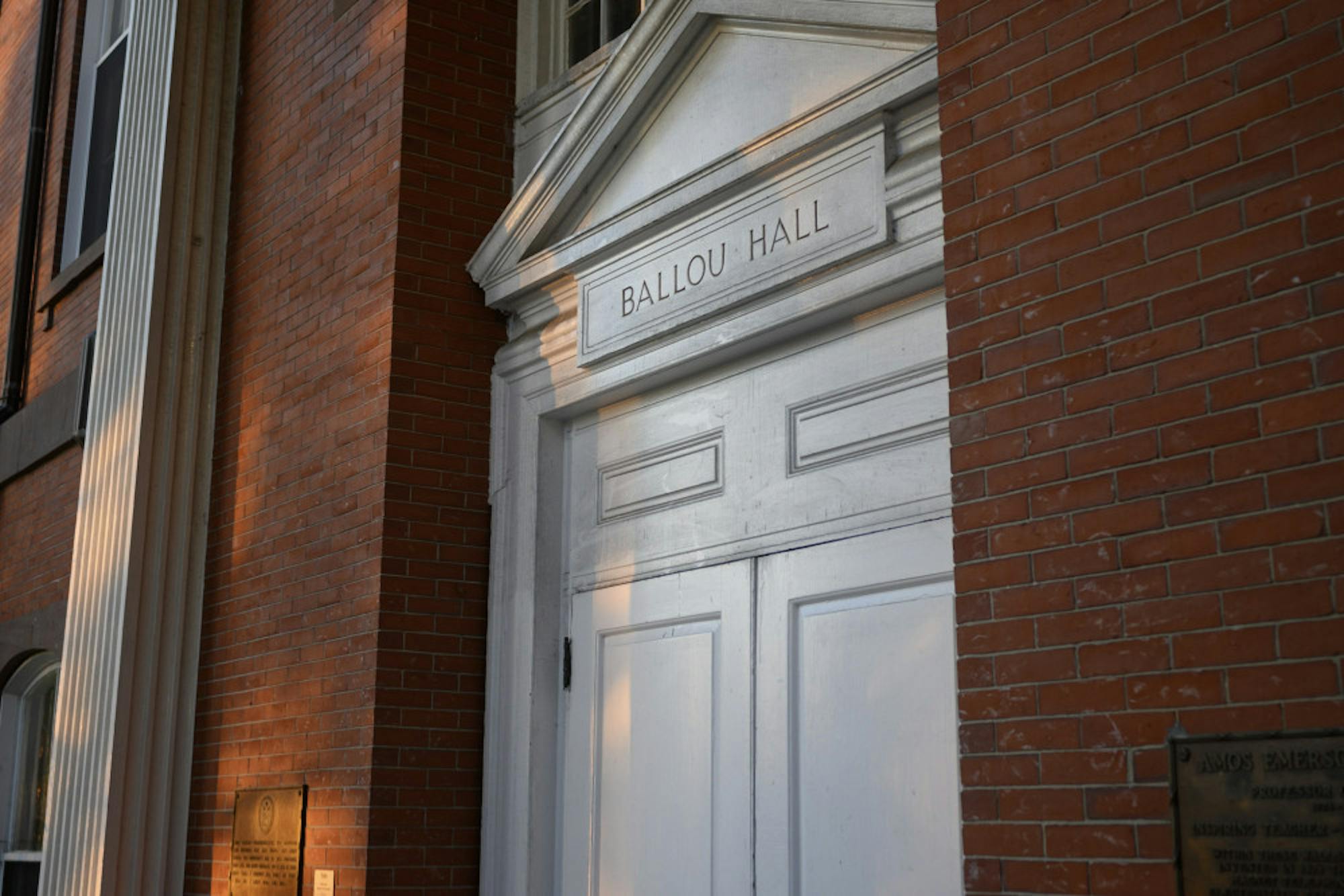On Nov. 8, COLOR Magazine and Tufts’ Chief Diversity Office sponsored the 12th annual Men of COLOR Leadership Conference. The event was part of Empower Week, a multi-day Boston-based conference focused on empowering professional men of color and leaders in diversity.
The event involved a number of in-person and virtual lectures and workshops meant to “[engage] Corporate America’s most vibrant and influential men,” according to the conference’s website. The website also describes the conference as a place for “top-tier executive leaders of color” to share their “experiences, insights, and thought leadership.” Members of the Tufts community received complimentary tickets to the event as part of the university’s sponsorship.
Evan C. Loving, a senior editor for COLOR Magazine, has been with the magazine since 2017 and worked directly with its founder Josefina Bonilla. In an email to the Daily, Loving stated that COLOR and the Men of COLOR Leadership Conference aim to “equip professionals of color with the tools to succeed in their careers.”
“Conversation topics ranged from mental health and wellness, preparing for the future of work, and leveraging stakeholders to demonstrate actionable support for Diversity and Inclusion initiatives at work,” Loving wrote.
An analysis by The Washington Post found that only 8% of “C-suite” executives at the country’s most valuable corporations are Black. Likewise, a report by NPRfound that 29.6% of companies on the S&P 500 do not have at least one Black board member, while the Fortune 500 includes only five Black CEOs.
Loving referenced how Kurt Faustin, executive director at Entrepreneurship for All and a keynote speaker at the event, makes it a focus of his work to address the forces that may impact the performance of men of color in their work.
“[Faustin] highlights the importance of soft skills such as emotional intelligence, mental wellness, and relationship building as necessary tools for leading and succeeding in one's career,” Loving wrote.
Other speakers at the event included Rogelio Guzman, director of diversity, equity and inclusion at Mass General Brigham, and Kevin Williams, managing director of global diversity, equity and inclusion at American Airlines.
Jack Rico and Mike Sargent, co-hosts of the podcast Brown & Black, recorded an episode of their podcast live during the conference. They discussed code-switching in relation to the perception of men of color in and outside of the workplace.
Rico and Sargent spoke about code-switching in popular culture, as depicted in the 2018 film “Sorry to Bother You.”
“This is the ultimate code switch movie,” Rico said. “It's about a Black man who, in order to advance in his career, he switches his black AAVE voice into a white voice, and the success that follows him is absolutely hilarious.”
Rico and Sargent went on to discuss how code-switching can affect men of color’s success within corporate America.
“Code-switching is when you’re forced to compromise who you are in order to survive, and the ugly truth is to become successful, especially early in your career, you got to play the game, and you can’t make white people feel uncomfortable,” Rico said. “That's probably the main reason, in corporate America … that you code-switch.”
The podcasters emphasized how a sense of necessity often drives people of color to employ tactics like code-switching in the workplace.
“Sometimes, you can’t be real in certain places, especially when you have to bring money to your home,” Rico said. “You got to pay off the debts, you got to feed your family, you got to pay your kid’s tuition. So if that means that you’re code-switching for survival … I’m going to code switch eight hours a day all day to keep my family fine.”
Rico and Sargent’s conversation on code-switching related the conference’s broader goal of providing a forum for participants to share their professional and personal experiences.
“We want to empower men of COLOR to become better leaders,” Loving wrote. “In other words, we want them to learn how to take care of themselves, their teams, and the people who are historically marginalized or underrepresented in corporate America.”






